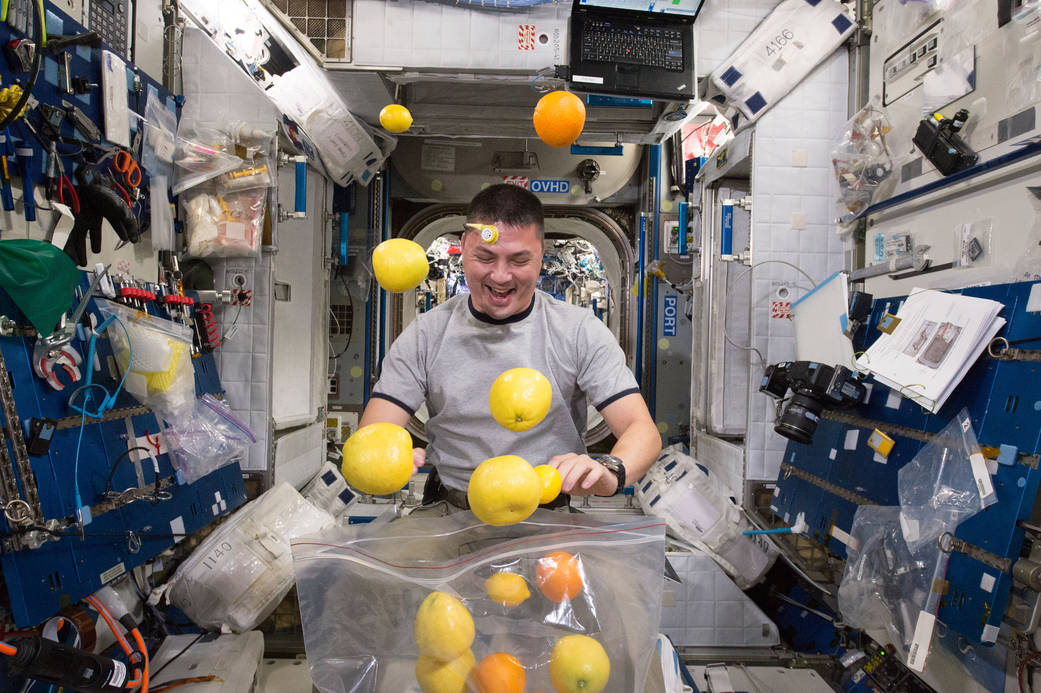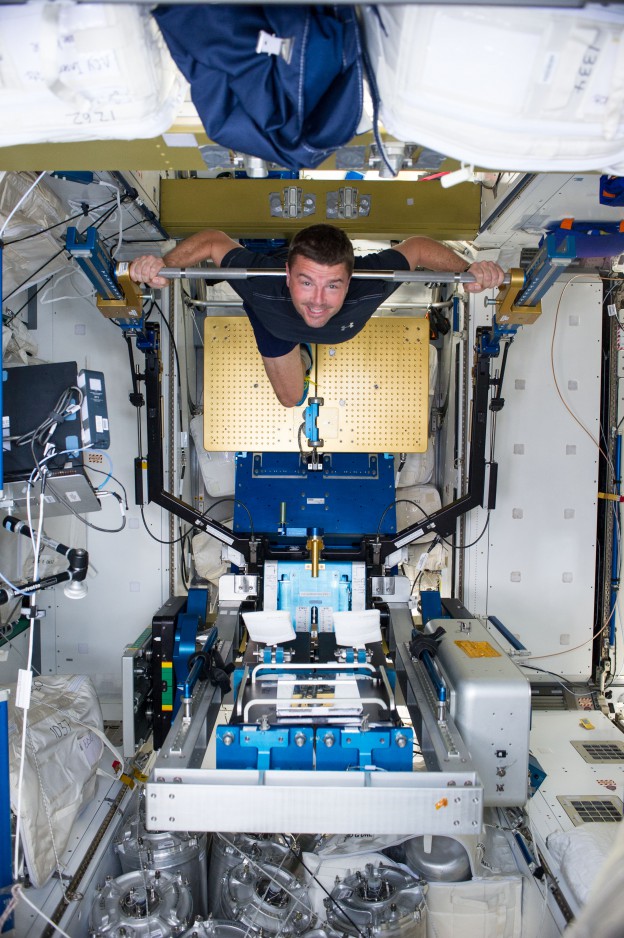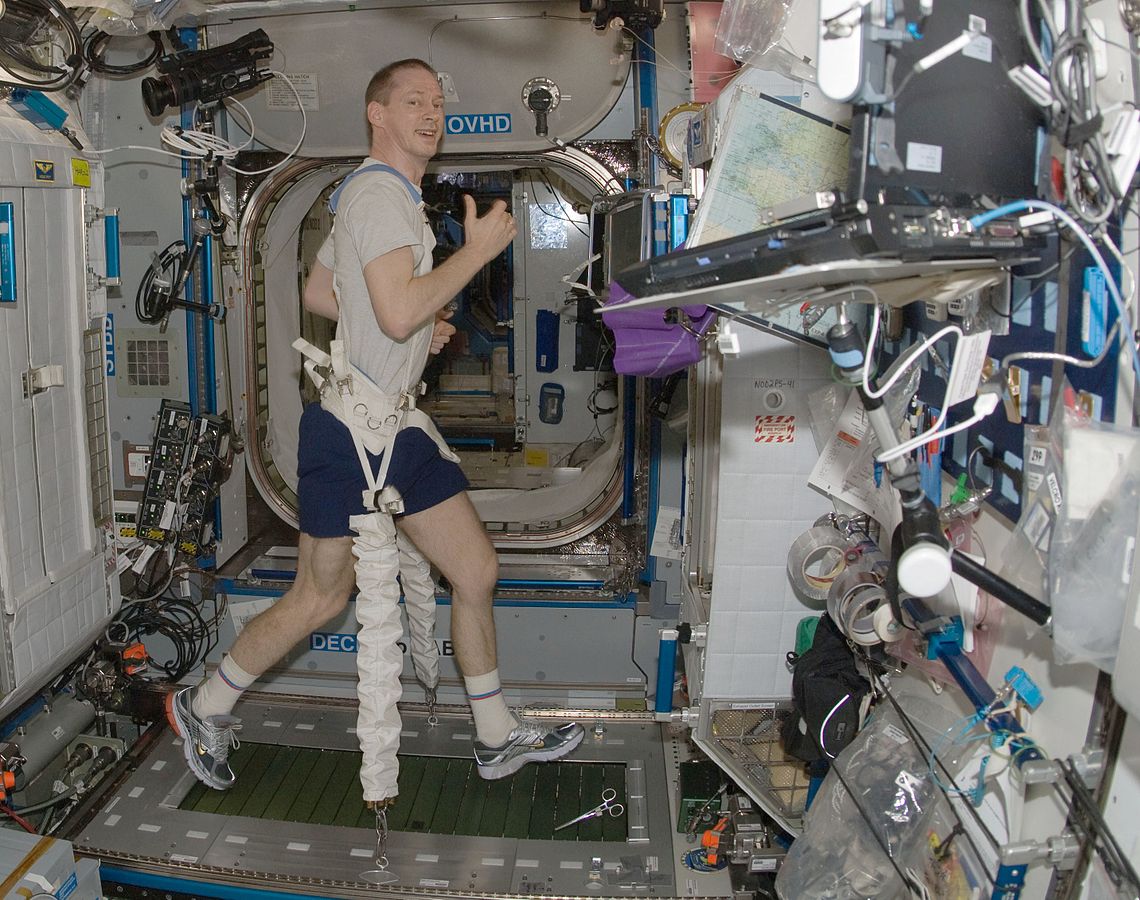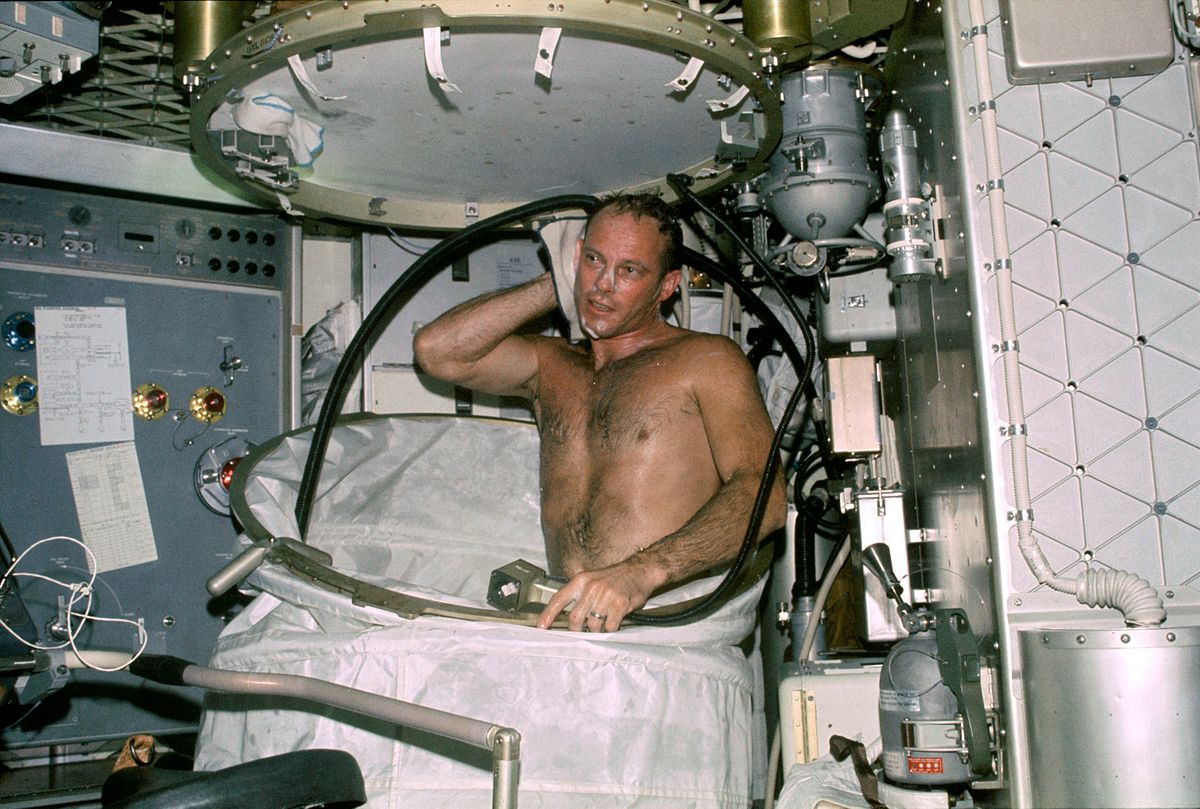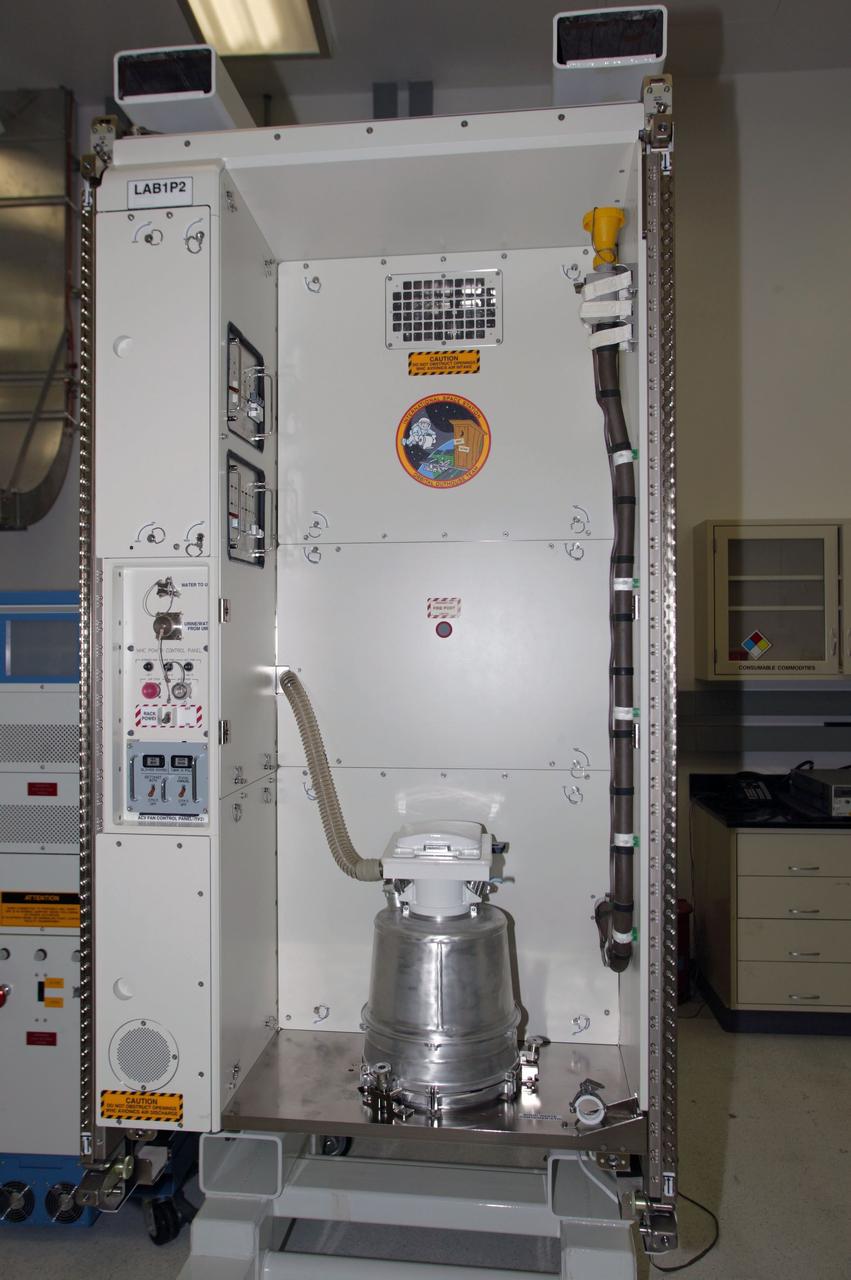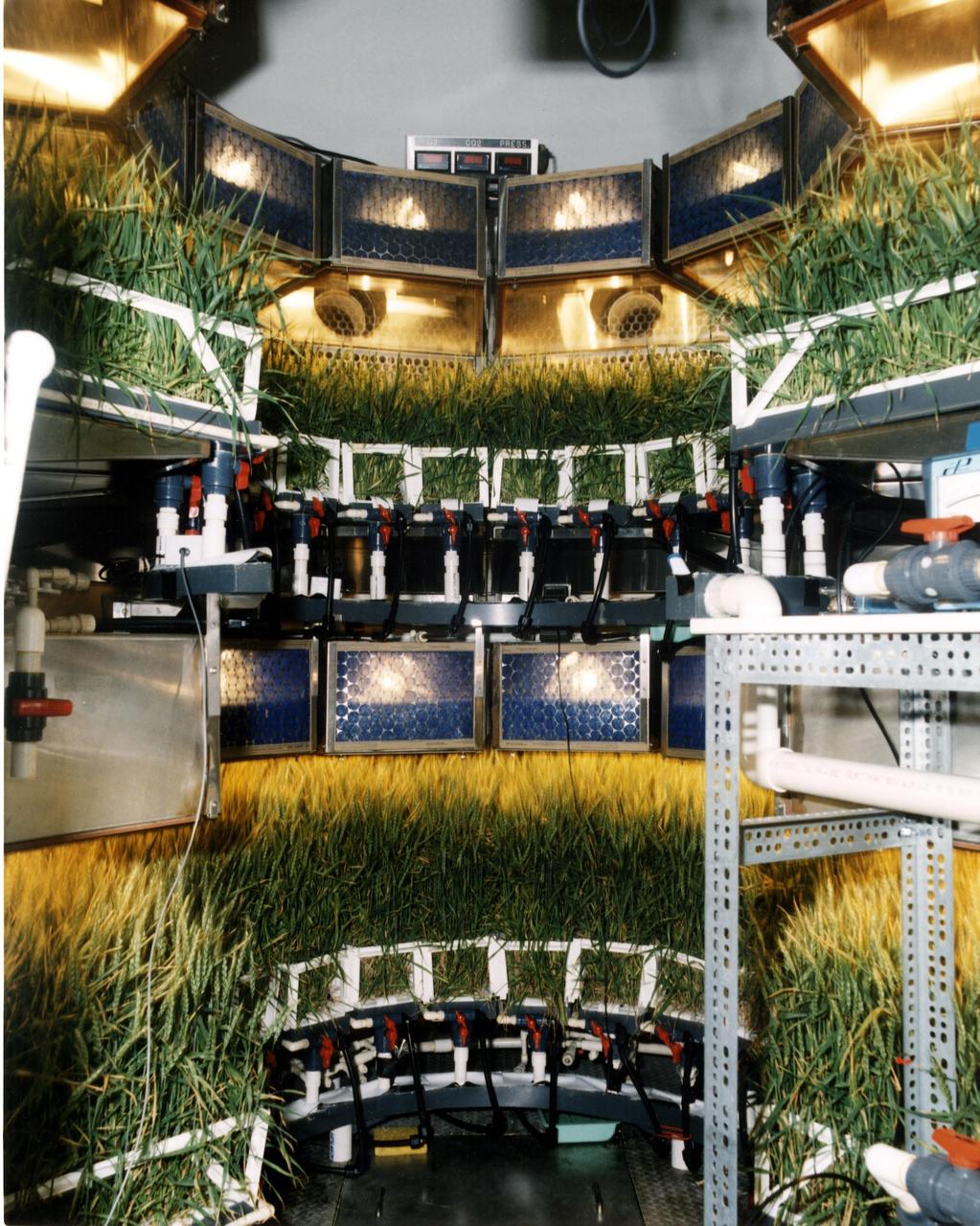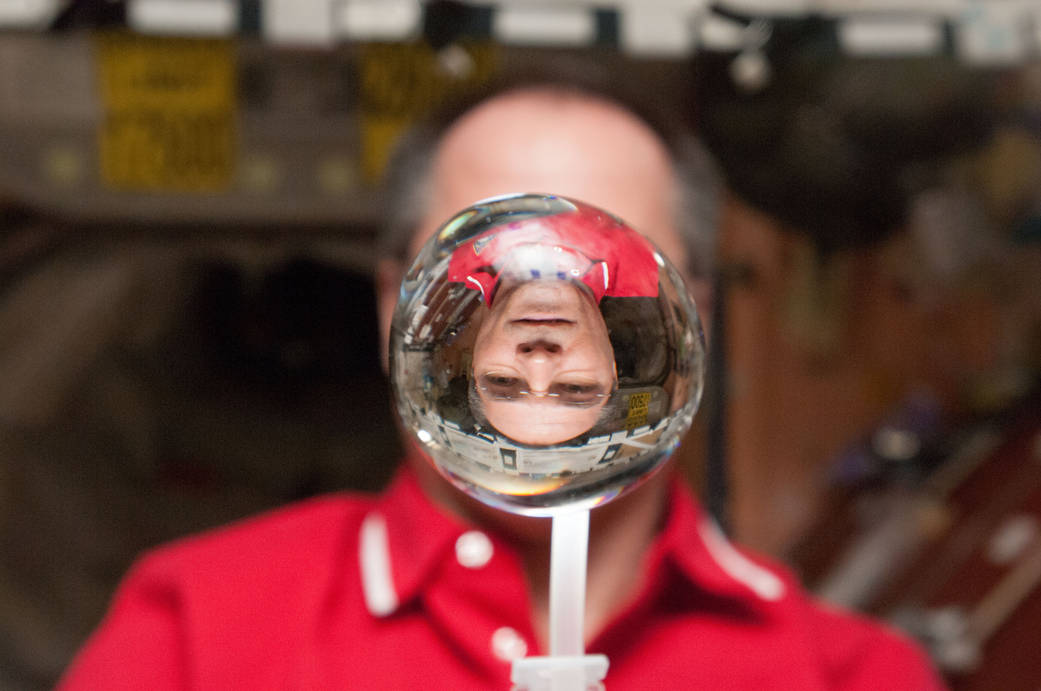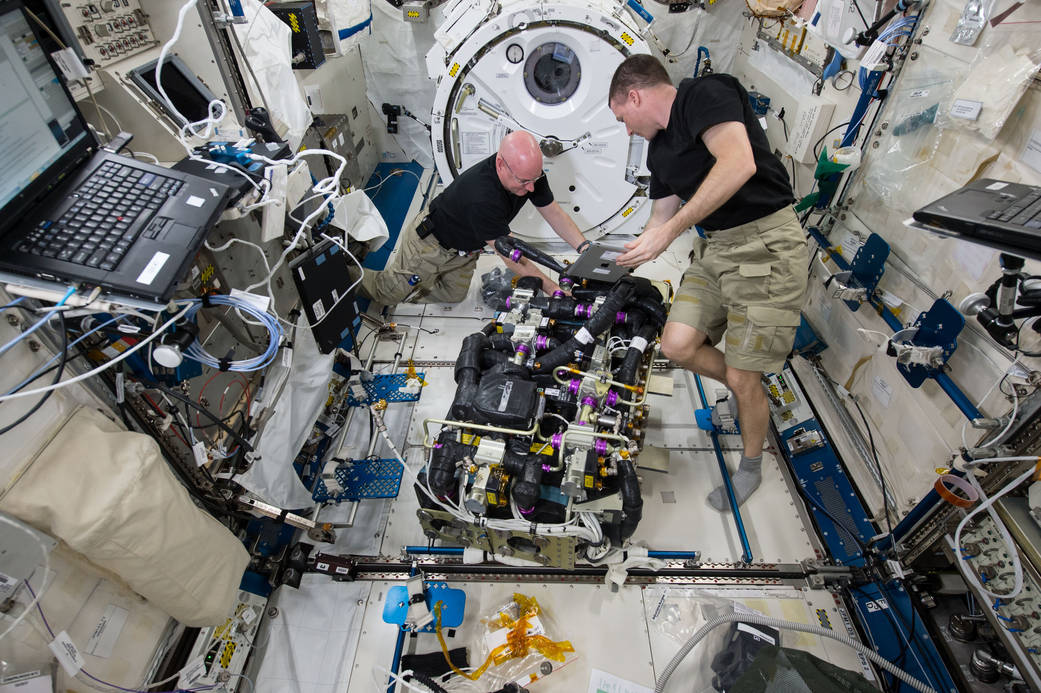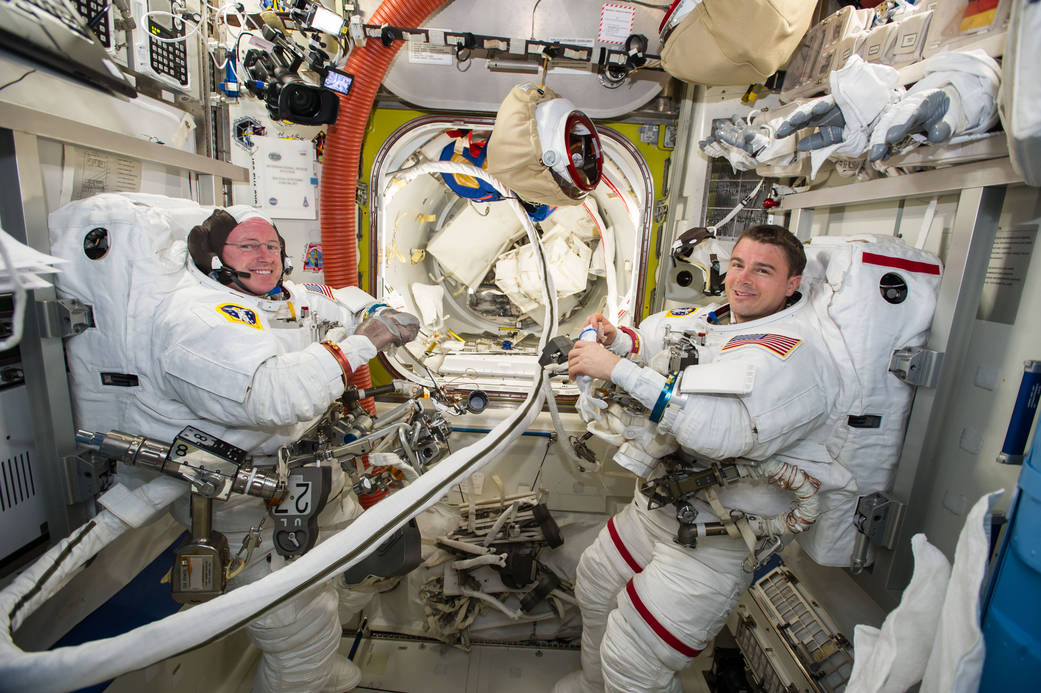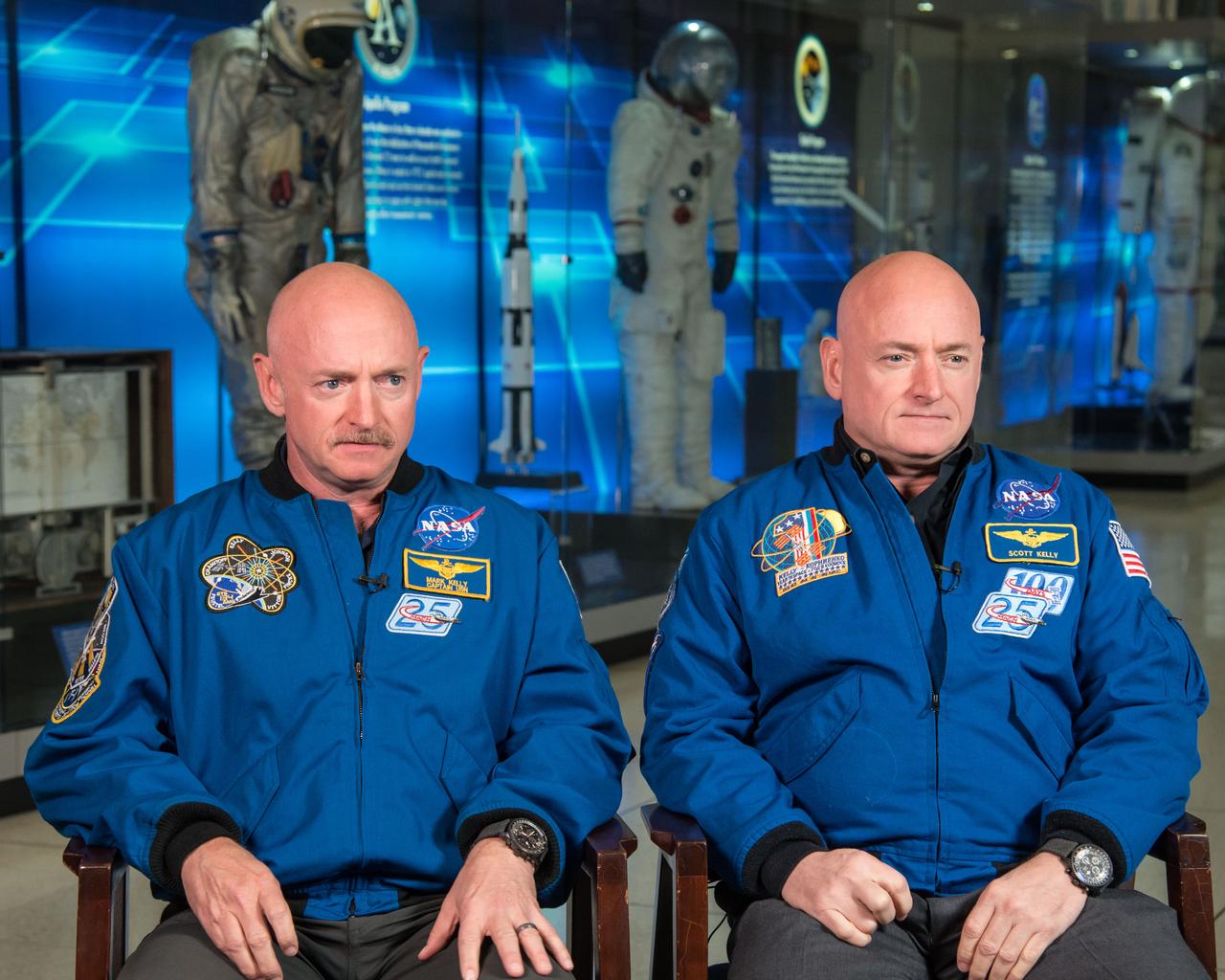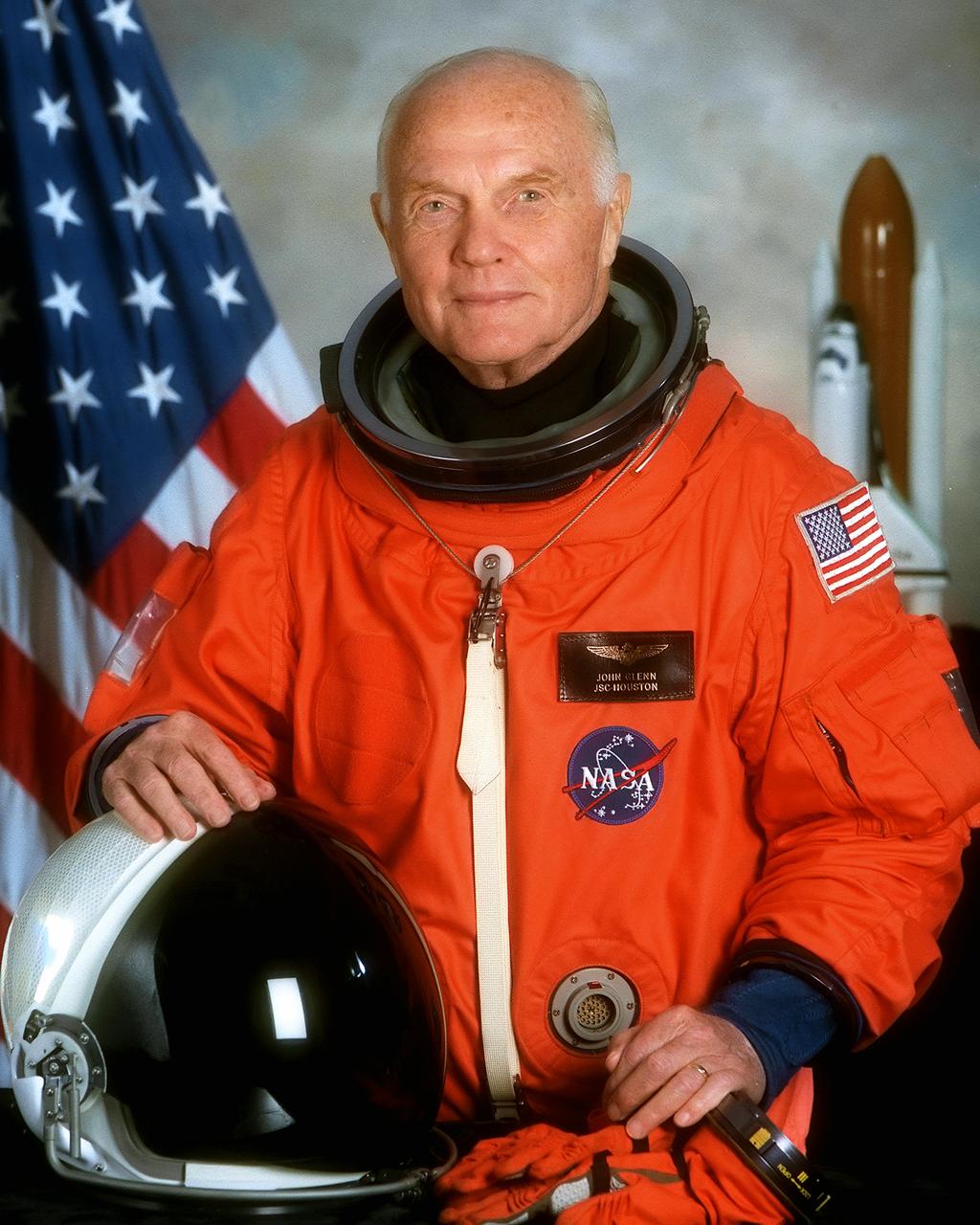Interesting Facts About Life In Space And It’s Effects
Living In Space
Space may contain countless worlds waiting to be explored, but it is a hostile environment for humans. There are many negative effects of spending long periods of time in space. Many of these relate to the feeling of weightlessness astronauts experience. Space radiation is also hazardous, particularly for future long-duration interplanetary missions. Enjoy learning about Living in Space and its Effects below!
Interesting Facts About Living In Space And Its Effects On Astronauts!
Today astronauts routinely spend months living and working in space aboard space stations. They spend their days maintaining the station, exercising, carrying out experiments on equipment, growing plants and studying the effects of space on the human body.
Living in space is very different from living on Earth. A space station can provide nearly everything humans need such as air to breath, a pressurized environment, warmth, food/water and facilities for sleeping and going to the toilet. However, unlike when on Earth, current space stations cannot simulate gravity which our bodies need! Being weightless all the time might sound like fun (you can experience this by taking a Zero-G flight), but it does affect our bodies.
- Initially, nearly all astronauts experience a sort of ‘space sickness’. This is caused by the lack of gravity and its effects on your bodies fluids. A sense of nausea and a ‘puffy face’ are often symptoms until the astronaut gets used to it.
- To help reduce this disorientation, modules on the International Space Station (ISS) are arranged so there is an ‘up’ and ‘down’ to help astronauts keep their ‘bearings’.
- In space you float from place to place, so your body doesn’t work very hard. This affects nearly all parts of your body over time, such as;
- Your muscles become weaker and smaller
- Your heart becomes smaller and weaker as it doesn’t work as hard
- The calcium in your bones disappears because they don’t need to be as strong
- Due to the increase in fluids in your head, some experience vision issues
- Astronauts must exercise every day to maintain their body strength. This is why there is a treadmill and exercise equipment aboard the ISS.
- In space, good ventilation is important as air doesn’t mix like it does on Earth. This is especially true in astronauts sleeping compartments. Otherwise, they’d eventually run out of oxygen!
- If you lived on the ISS, you would witness at least 15 sunrises and sunsets a day. As cool as this sounds, it disrupts your natural ’circadian’ rhythm meaning you don’t sleep as well!
- During a 6 month stay aboard the ISS, an astronaut can grow as much as 5 cm (2 inches) taller. Without gravity, their backbone gets longer in space!
- Living in space also increases your exposure to space radiation. Astronauts on the ISS are exposed to 10 times more radiation than on Earth. During a long-duration mission to Mars, they would be exposed to even more which causes many negative health effects.
- Eating in space isn’t as straightforward as on Earth either. Without gravity to assist, difficulties swallowing food and liquids are sometimes experienced.
- NASA has learned that living in space for long periods of time in small spaces with the same people is difficult. Despite selecting and training crews carefully astronauts can develop low morale, feelings of isolation from loved ones on Earth, stress, confinement and possibly even depression.
- Performing regular tasks in space like cleaning, showering and going to the toilet are more difficult. These often involve using wet wipes, towels and soap/shampoo that doesn’t require water.
- When astronauts return to Earth, a weird side effect of living in zero gravity is that you feel very weak as you’re not used to the gravity ‘pulling you down’! This is also partly due to your body having less blood and water. So they must rest for several days until your body can acclimatise to the gravity again.
- Other astronauts have reported after returning to Earth that they often drop things! This is because they’re so used to just letting go of objects in space and they stay floating next to them!
We understand many of the long-term effects of living in space, but as research on the ISS (and Earth) continues, we will no doubt learn more! Meanwhile, scientists continue to develop techniques and methods for making space travel safer. Maybe one day an interplanetary spacecraft will have artificial gravity!
